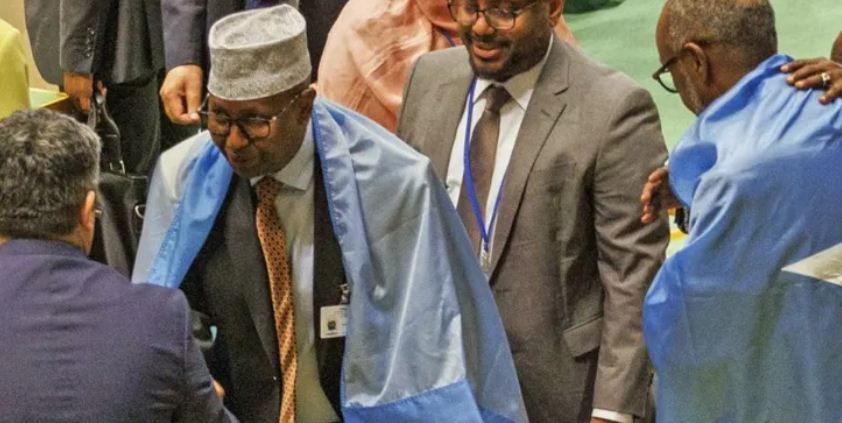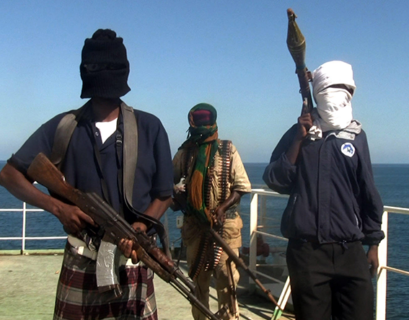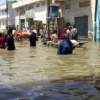Somalia’s recent election to a non-permanent seat on the United Nations Security Council has been celebrated as a monumental achievement for the nation. After enduring decades of civil war and persistent challenges from Islamist militants, the prospect of Somalia taking a significant role in international peace and security is undoubtedly a notable development. However, this milestone raises critical questions about the readiness and capabilities of the Somali government to effectively contribute to the Security Council’s mission and the broader implications for its own governance and stability.

Somalia’s Struggle and the Path to the UN Seat
The overthrow of Mohamed Siad Barre in 1991 plunged Somalia into a prolonged civil war, characterized by factional violence among clan warlords and the rise of extremist groups like al-Shabab. The international community, including the United Nations and the African Union (AU), has played a crucial role in stabilizing the nation and re-establishing a central authority. Despite these efforts, Somalia continues to grapple with substantial security challenges.
The government’s intensified fight against al-Shabab, especially as foreign troops withdraw, has been a critical focus. Yet, the resilience of these militant groups raises questions about the effectiveness of Somalia’s strategies and the sustainability of its security apparatus. Can the Somali government ensure the stability and security necessary to fulfill its new responsibilities on the Security Council?
The Significance of a UN Security Council Seat
Holding a seat on the Security Council is a prestigious and influential position, allowing countries to contribute to critical decisions on international peace and security. Somalia’s election, alongside Denmark, Greece, Pakistan, and Panama, to serve from January next year marks its return to a global stage it has not occupied since the 1970s. This achievement is indeed a testament to the progress Somalia has made. But what does this mean for the country’s internal politics and its ongoing battle against insurgency?
Foreign Affairs Minister Ahmed Fiqi emphasized Somalia’s readiness to play a vital role in promoting global peace and security. This ambition is laudable, yet it must be examined against the backdrop of Somalia’s domestic struggles. The international community will undoubtedly scrutinize how Somalia balances its Security Council responsibilities with the urgent need to address its internal conflicts and humanitarian crises.
Lessons from Somalia’s Turmoil
Somalia’s experiences with civil war and militant insurgency provide unique insights that could inform the Security Council’s deliberations. James Swan, the UN Secretary-General’s acting special representative for Somalia, highlighted the nation’s journey towards peace, prosperity, and security. However, this narrative must be critically analyzed. Has the Somali government truly transformed enough to offer valuable contributions to international peacekeeping and conflict resolution?
Security expert Samira Gaid’s remark that Somalia is “no longer the poster child for problems in the Horn of Africa” suggests significant progress. Yet, this assertion should prompt a deeper investigation into the current state of governance, the rule of law, and human rights in Somalia. Can the government demonstrate that its internal policies align with the principles of peace and security it now aims to champion on the international stage?
The Broader Implications
Somalia’s new role on the Security Council also intersects with the African Union’s push for greater representation. Currently, three non-permanent African states sit on the council. Somalia’s inclusion should serve as a reminder of the continent’s broader aspirations for increased influence within the UN framework. The AU’s call for two permanent seats and additional non-permanent seats underscores the need for a more equitable and representative Security Council.













